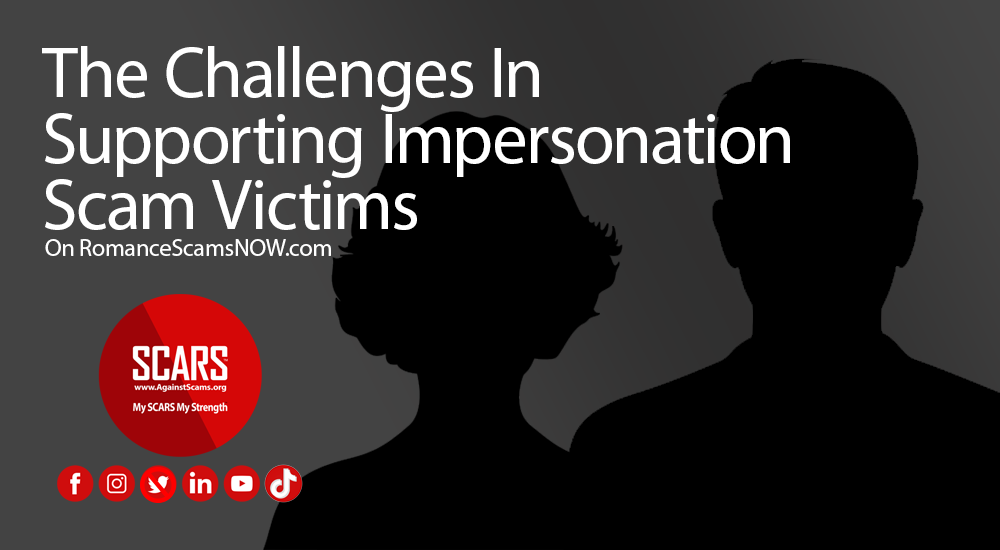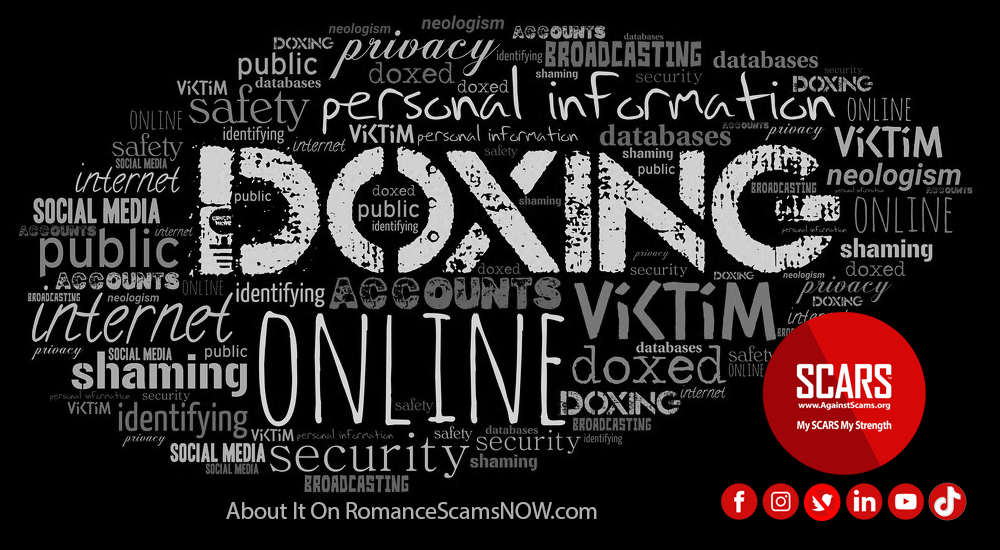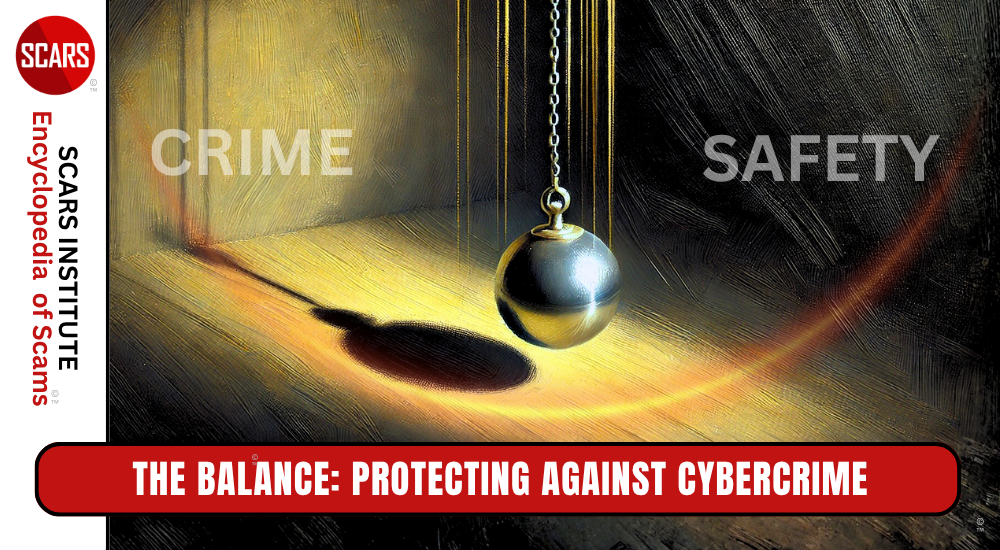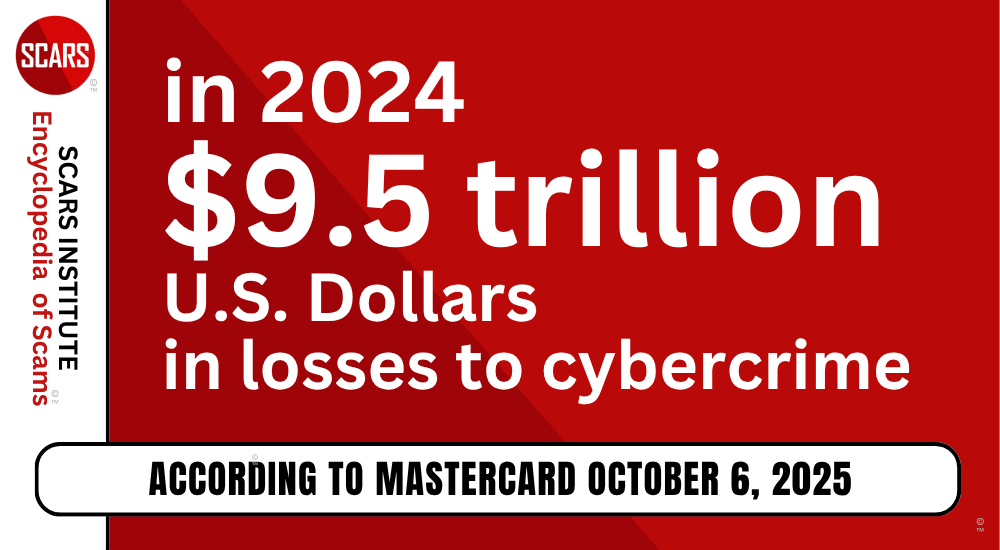
SCARS Institute’s Encyclopedia of Scams™ Published Continuously for 25 Years

Doxing – A Kind of Terrorism or Cyberbullying?
Having Private Information Exposed By Someone To Hurt You!
A SCARS Special Report
There Are A Lot Of Despicable Things Done Online
Many Are Intended Just To Hurt You
Some are intended to hurt you financially, some emotionally, some – such as DOXING – are intended to hurt you in every way possible
Think about your own life? What information would you never want to become public?
Doxers know this when they gain the power to release it.
Some Doxers just want to hurt as much as possible and think nothing of nor care about the consequences. Other Doxers want to have power over someone and use it as leverage for blackmail. Yes, a blackmailer who uses exposure as a control mechanism then becomes a Doxer.
DOXING
Doxing personal information is a growing concern to all.
Personal information online is common, however, with the Internet being so prevalent. Many records are found online, such as, voting, property ownership, even bankruptcies, and new business filings.
But What Is Doxing?
Doxing or Doxxing is the act of publicly revealing previously private personal information about an individual or organization, usually through the Internet.
Methods employed to acquire such information include searching publicly available databases and social media websites (like Facebook), hacking, and social engineering. Doxing may be carried out for various reasons, including online shaming, extortion, and vigilante aid to law enforcement (scambaiting). It also may be associated with hacktivism.
Doxing Happens
Doxing ‘may’ occur when someone publishes online someone else’s personal information, which can be their address, a phone (cell) number, email, place of work, some other piece of information personal to the person. The posting of someone else’s information ‘may’ be doxing contingent on other factors that need to be considered. Just posting someone’s public information would not be considered doxing.
Posting someone’s information that would not otherwise be made public but for the posting, would constitute doxing. The means by which the information was obtained can also constitute doxing. If the information posted about someone was obtained via an act of computer abuse, hacking, or email intrusion, this would constitute doxing. A social engineering attack such as phishing can also lead to doxing.
The means and source of the information is an important element to consider in determining if the posting is doxing.
Just sharing already available information from social media would not constitute doxing. But what should be kept in mind is that the sharing of the content could violate the terms of use of the social media platform. If that occurs, the poster can be banned from the site, and it demonstrates an intent to do harm that may be Doxing.
Aside from the source, the intent of the post should also be factored in. We see this commonly in seeking to denigrate someone else even your political opponent, former business partner, former spouse, or former partner after a relationship breaks up. The malicious intent of the poster is an important criterion.
The intent of the posting has multiple considerations:
- The long-term impact of being harassed online could lead someone to claim emotional distress or cyberbullying or even concerns for safety.
- Posting someone’s personal identifying information (PII), such as social security – this could be via email – is doxing and illegal.
- The publication of someone’s PII can easily be construed as having ill intent and can be demonstrated to have harassing import. Such an event carries possibilities for personal injury arguing harassment, invasion of privacy, violation of the right of publicity, emotional distress, assault, and possibly defamation – libel (mistaken identity).
Doxing personal information may draw on aspects of stalking – cyberstalking.
Federal law against stalking may apply in doxing situations because of the harassing impact, intimidation effects of the posting, and the use of interactive computer service to effectuate the doxing.
18 U.S. Code § 2261A – “Whoever— (2) with the intent to kill, injure, harass, intimidate, or place under surveillance with intent to kill, injure, harass, or intimidate another person, uses the mail, any interactive computer service or electronic communication service or electronic communication system of interstate commerce, or any other facility of interstate or foreign commerce to engage in a course of conduct that— (A) places that person in reasonable fear of the death of or serious bodily injury to a person …; or (B) causes, attempts to cause, or would be reasonably expected to cause substantial emotional distress to a person … shall be punished as provided in section 2261(b) of this title.”
Your Freedom
Doxing is NOT freedom of speech
The freedom that so many feel they have to exercise their freedom of speech is being done ignorantly, carelessly, and ruining the benefit of the free marketplace of ideas.
The vengeance that we witness from the posting of online content is, in many ways, is with nothing more than malicious intent and not to further constructive social dialogue.
Someone’s personal information, though not being PII (personally identifiable information), if disclosed for the purpose of humiliating the person because, say they filed bankruptcy 15 years ago, or had a divorce, or had failing business dealings, is mostly to denigrate the person, and that does have legal consequences.
Just posting about someone else may not be harmless, especially because so many fail to consider the consequences.
Swatting
There are variations to posting online that relate to doxing, such as ‘Swatting’.
Swatting is when a fake call is made to the police to go the someone’s home or place of business under the pretext that there was a crime is being committed (usually involving violence) that requires law enforcement attention to prevent harm to others.
Sextortion
There is also ‘sextortion,’ which involves the use of sexual photos of someone to threaten the person or demand money.
Personal Privacy
It is important to recognize someone’s expectation of personal information privacy may not be as rigid as they think.
The term “restricted personal information” should be considered with Doxing because of someone’s expected privacy of such information in an open society. It is reasonable to assume the privacy – anonymity – of where someone lives, and expect that someone’s domicile is not publicly known, along with the expected privacy of someone’s, email, telephone number, place of work, identification of children, and personal history.
Doxing personal information, along with related criminal acts: trolling, cybercrime, harassment, and stalking, are becoming an epidemic that is destroying the fabric of our society.
The Internet and mobile communications have given everyone an easier means to communicate, learn and do research, and to be entertained, but all too many resorts to its capability for weaponizing digital communications.
For that reason, federal and state laws are developing and there is considerable efforts to strengthen existing ones to punish doxing.
TAGS: SCARS, Information About Scams, Anti-Scam, Scams, Scammers, Fraudsters, Cybercrime, Crybercriminals, Online Scams, Scam Victims, Online Fraud, Online Crime Is Real Crime, Doxing, Doxxing, Personal Information Release, Outting
PLEASE SHARE OUR ARTICLES WITH YOUR FRIENDS & FAMILY
HELP OTHERS STAY SAFE ONLINE – YOUR KNOWLEDGE CAN MAKE THE DIFFERENCE!
THE NEXT VICTIM MIGHT BE YOUR OWN FAMILY MEMBER OR BEST FRIEND!
By the SCARS™ Editorial Team
Society of Citizens Against Relationship Scams Inc.
A Worldwide Crime Victims Assistance & Crime Prevention Nonprofit Organization Headquartered In Miami Florida USA & Monterrey NL Mexico, with Partners In More Than 60 Countries
To Learn More, Volunteer, or Donate Visit: www.AgainstScams.org
Contact Us: Contact@AgainstScams.org
-/ 30 /-
What do you think about this?
Please share your thoughts in a comment below!
Table of Contents
LEAVE A COMMENT?
Recent Comments
On Other Articles
- Arwyn Lautenschlager on Love Bombing And How Romance Scam Victims Are Forced To Feel: “I was love bombed to the point that I would do just about anything for the scammer(s). I was told…” Feb 11, 14:24
- on Dani Daniels (Kira Lee Orsag): Another Scammer’s Favorite: “You provide a valuable service! I wish more people knew about it!” Feb 10, 15:05
- on Danielle Delaunay/Danielle Genevieve – Stolen Identity/Stolen Photos – Impersonation Victim UPDATED 2024: “We highly recommend that you simply turn away form the scam and scammers, and focus on the development of a…” Feb 4, 19:47
- on The Art Of Deception: The Fundamental Principals Of Successful Deceptions – 2024: “I experienced many of the deceptive tactics that romance scammers use. I was told various stories of hardship and why…” Feb 4, 15:27
- on Danielle Delaunay/Danielle Genevieve – Stolen Identity/Stolen Photos – Impersonation Victim UPDATED 2024: “Yes, I’m in that exact situation also. “Danielle” has seriously scammed me for 3 years now. “She” (he) doesn’t know…” Feb 4, 14:58
- on An Essay on Justice and Money Recovery – 2026: “you are so right I accidentally clicked on online justice I signed an agreement for 12k upfront but cd only…” Feb 3, 08:16
- on The SCARS Institute Top 50 Celebrity Impersonation Scams – 2025: “Quora has had visits from scammers pretending to be Keanu Reeves and Paul McCartney in 2025 and 2026.” Jan 27, 17:45
- on Scam Victims Should Limit Their Exposure To Scam News & Scammer Photos: “I used to look at scammers photos all the time; however, I don’t feel the need to do it anymore.…” Jan 26, 23:19
- on After A Scam, No One Can Tell You How You Will React: “This article was very informative, my scams happened 5 years ago; however, l do remember several of those emotions and/or…” Jan 23, 17:17
- on Situational Awareness and How Trauma Makes Scam Victims Less Safe – 2024: “I need to be more observant and I am practicing situational awareness. I’m saving this article to remind me of…” Jan 21, 22:55
ARTICLE META
Important Information for New Scam Victims
- Please visit www.ScamVictimsSupport.org – a SCARS Website for New Scam Victims & Sextortion Victims
- Enroll in FREE SCARS Scam Survivor’s School now at www.SCARSeducation.org
- Please visit www.ScamPsychology.org – to more fully understand the psychological concepts involved in scams and scam victim recovery
If you are looking for local trauma counselors please visit counseling.AgainstScams.org or join SCARS for our counseling/therapy benefit: membership.AgainstScams.org
If you need to speak with someone now, you can dial 988 or find phone numbers for crisis hotlines all around the world here: www.opencounseling.com/suicide-hotlines
A Note About Labeling!
We often use the term ‘scam victim’ in our articles, but this is a convenience to help those searching for information in search engines like Google. It is just a convenience and has no deeper meaning. If you have come through such an experience, YOU are a Survivor! It was not your fault. You are not alone! Axios!
A Question of Trust
At the SCARS Institute, we invite you to do your own research on the topics we speak about and publish, Our team investigates the subject being discussed, especially when it comes to understanding the scam victims-survivors experience. You can do Google searches but in many cases, you will have to wade through scientific papers and studies. However, remember that biases and perspectives matter and influence the outcome. Regardless, we encourage you to explore these topics as thoroughly as you can for your own awareness.
Statement About Victim Blaming
SCARS Institute articles examine different aspects of the scam victim experience, as well as those who may have been secondary victims. This work focuses on understanding victimization through the science of victimology, including common psychological and behavioral responses. The purpose is to help victims and survivors understand why these crimes occurred, reduce shame and self-blame, strengthen recovery programs and victim opportunities, and lower the risk of future victimization.
At times, these discussions may sound uncomfortable, overwhelming, or may be mistaken for blame. They are not. Scam victims are never blamed. Our goal is to explain the mechanisms of deception and the human responses that scammers exploit, and the processes that occur after the scam ends, so victims can better understand what happened to them and why it felt convincing at the time, and what the path looks like going forward.
Articles that address the psychology, neurology, physiology, and other characteristics of scams and the victim experience recognize that all people share cognitive and emotional traits that can be manipulated under the right conditions. These characteristics are not flaws. They are normal human functions that criminals deliberately exploit. Victims typically have little awareness of these mechanisms while a scam is unfolding and a very limited ability to control them. Awareness often comes only after the harm has occurred.
By explaining these processes, these articles help victims make sense of their experiences, understand common post-scam reactions, and identify ways to protect themselves moving forward. This knowledge supports recovery by replacing confusion and self-blame with clarity, context, and self-compassion.
Additional educational material on these topics is available at ScamPsychology.org – ScamsNOW.com and other SCARS Institute websites.
Psychology Disclaimer:
All articles about psychology and the human brain on this website are for information & education only
The information provided in this article is intended for educational and self-help purposes only and should not be construed as a substitute for professional therapy or counseling.
While any self-help techniques outlined herein may be beneficial for scam victims seeking to recover from their experience and move towards recovery, it is important to consult with a qualified mental health professional before initiating any course of action. Each individual’s experience and needs are unique, and what works for one person may not be suitable for another.
Additionally, any approach may not be appropriate for individuals with certain pre-existing mental health conditions or trauma histories. It is advisable to seek guidance from a licensed therapist or counselor who can provide personalized support, guidance, and treatment tailored to your specific needs.
If you are experiencing significant distress or emotional difficulties related to a scam or other traumatic event, please consult your doctor or mental health provider for appropriate care and support.
Also read our SCARS Institute Statement about Professional Care for Scam Victims – click here to go to our ScamsNOW.com website.

















Thank you for your comment. You may receive an email to follow up. We never share your data with marketers.